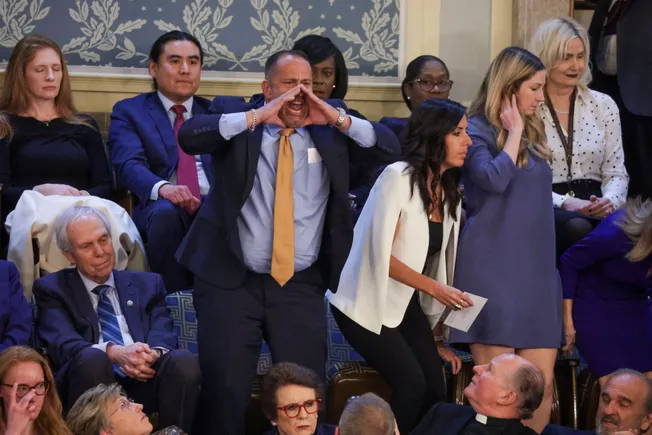While nearly 9 in 10 respondents to a Deloitte survey said that they formally disclosed their disability at work, 75% of those respondents refrained from requesting any form of workplace accommodation — with some saying they fear their supervisors would view the request negatively.
Deloitte surveyed 10,000 workers with disabilities, chronic health conditions or who are neurodivergent and found that accessibility remains an issue in the workplace in varying ways. For example, 11% of workers resist making accommodation requests because of a negative experience at another company.
Many workers who do end up requesting an accommodation find their requests denied; almost 3 in 4 had at least one request rejected. Common reasons for the rejections included the request being too costly, the request being too difficult to implement or that it was “unreasonable.”
Often, those requests involved assistive technology and coaching for certain issues, Deloitte said. The most accepted requests typically involved solutions that don’t involve cost, such as working from home when needed, schedule adjustments and private space access.
“While we see high levels of workplace disclosure, this sits alongside concerns about negative perceptions when it comes to requesting workplace accommodations, requested accommodations being declined, work events that are not accessible, and experiences of non-inclusive behaviors,” Emma Codd, Deloitte Global chief diversity, equity, and inclusion officer, said in a statement. “All these factors combine to create an ‘access gap’ that should be addressed.”
Those noninclusive behaviors include microaggressions (reported by 26% of those surveyed), harassment (10%) or bullying (7%) at work — and only about half were formally reported to someone in the organization.
Workers said they didn’t report out of concerns that the behavior might get worse, that the complaint would not be taken seriously, and not feeling the behavior warranted reporting.
Additionally, many workers said they’d missed a workplace event or meeting due to a lack of accessibility — with 33% saying they couldn’t attend an event in their workplace due to accessibility issues.
In answer to these problems, Deloitte recommended making disability inclusion a “visible leadership priority” accompanied by “meaningful actions.”
Other experts previously told HR Dive that much of this work starts with education of the workforce, filling an “understanding gap” that might hinder inclusion efforts. Employers also need to communicate openly the ways that they support workers with disabilities, experts said.





Leave a Reply